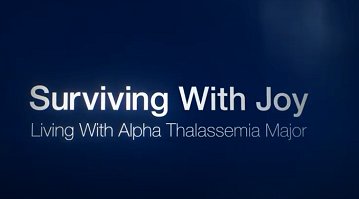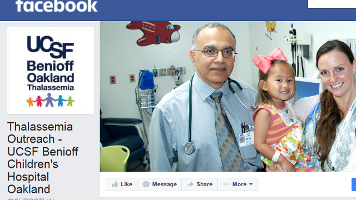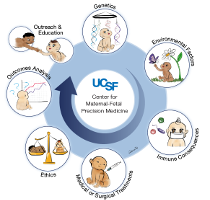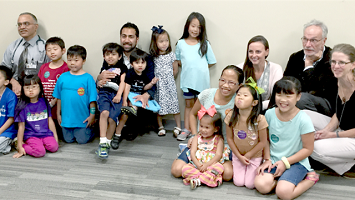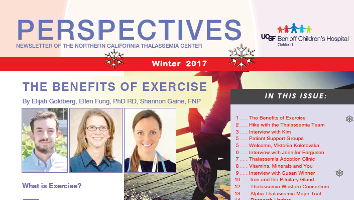12.0 - PAIN SYNDROME IN THALASSEMIA
Chronic pain has not been noted as a major component of the symptoms of thalassemia. However, in the last decade, as prognosis has improved, cumulative tissue injury appears to be resulting in chronic pain syndrome. A recent study utilizing the Brief Pain Inventory (BPI) assessed pain in 250 thalassemia patients in North America. Two-thirds of the patients reported repeated pain episodes each month, and 20 percent reported daily pain. The prevalence and severity of pain correlated with age of the patient. As patients age, pain becomes a more prominent problem in their lives. Most patients have back pain. Three-quarters of the patients were taking non-steroidal analgesics for pain relief. In addition, 24 percent were receiving short-acting narcotic analgesics, and another 11 percent were receiving long-acting narcotic analgesics.
Pain assessment on a regular basis is recommended for all patients. While transfusion therapy may decrease the pain in thalassemia intermedia, this has not been prospectively evaluated. All patients should undergo assessment for causes of pain, including extramedullary masses, osteoporosis, and spinal fractures, as well as other less common problems, such as secondary gout and thrombosis.

